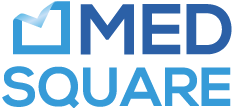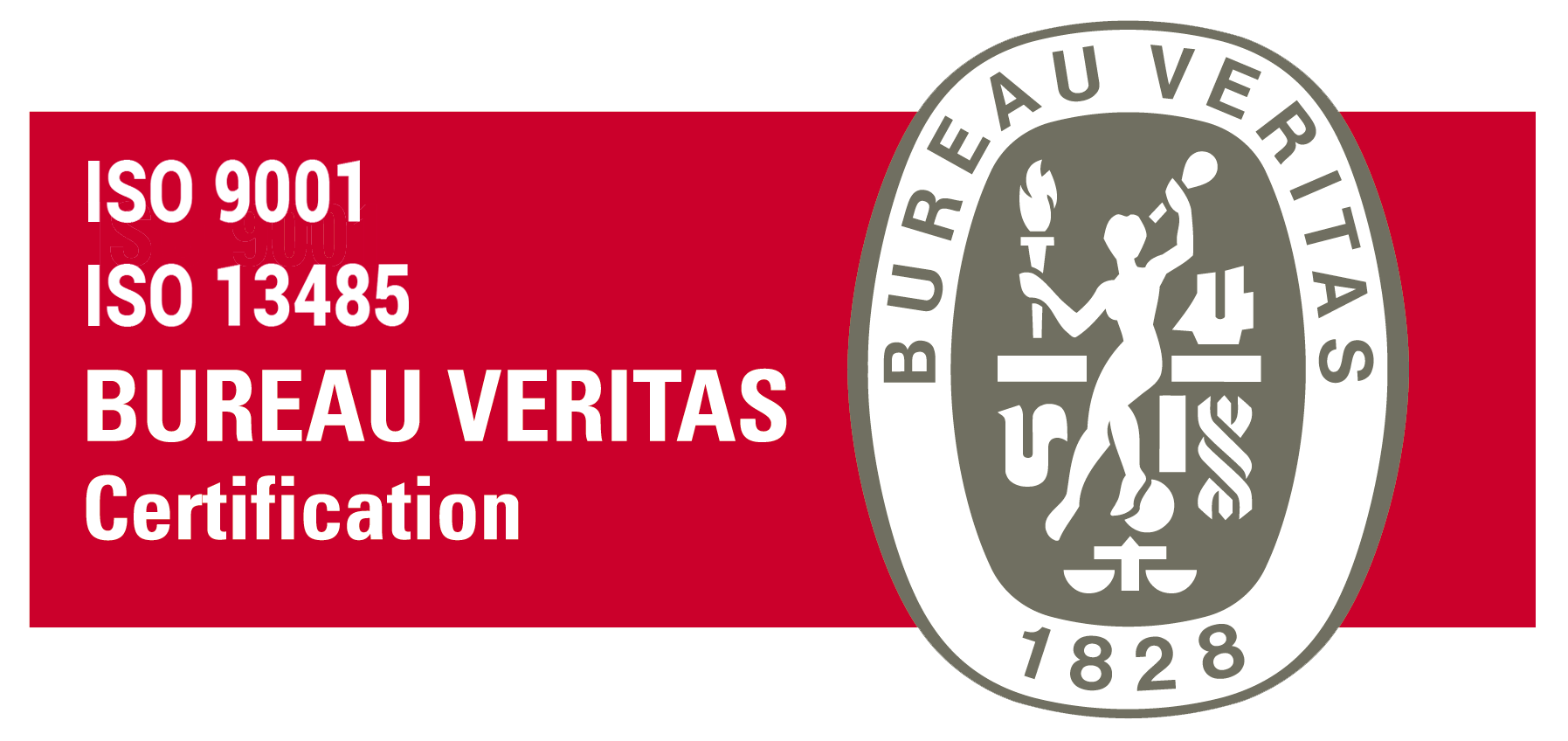Blog
Medsquare at the European Congress of Radiology (ECR 2019): The new features of RDM’s Patient Dose Monitoring solution
Written by : Karen Frangie - 14/02/19 - In Blog
On the occasion of ECR 2019, which will take place from 27 February – 3 March in Vienna, Medsquare will present the latest advances of its Radiation Dose Monitor (RDM) Patient Dose Monitoring solution (booth 519, Hall X5).
New features of RDM’s interface:
• Dashboard analytics: New RDM tool for enabling fast, interactive and customizable statistical analysis of patient dose data and facility department data.
• Calculation of the effective dose for all modalities: Conventional and interventional radiology, mammography, scanner, and nuclear medicine, as well as for hybrid modalities (PET-CT, SPECT-CT).
• Patient at isocenter in scanner: New feature that assesses the patient’s centering during the examination, reinforcing good professional practices.
Among these new features, the ‘dashboard analytics’ tool accompanying RDM stands out. Medsquare’s Channel Sales Manager Europe, Arnaud Legland, says: “This new tool has been developed to help healthcare professionals make better use of their patient dose data more efficiently and quickly. Its ergonomic interface, as well as its attractive graphical representations, make it possible to visualize at a glance the next actions to be implemented.”
Technical Advancement and Regional Deployment Projects
For this 25th edition of ECR, Medsquare will also highlight the technical innovations of the RDM solution. As a result of numerous tenders, Medsquare has been able to manage major regional deployment projects, adapting not only to manufacturers’ models but also to those of healthcare facilities. Among these new technical advancements, we find the following elements:
• Improvement of the dose data collection module through PACS: Now, in addition to collecting dose reports in RDSR format and secondary capture, data can also be collected from the DICOM header in a more fluid and efficient way.
• RDM Connection to the Enterprise Master Patient Index (EMPI): a solution for bringing patient identities closer together for a complete dose synthesis per patient.
“Today, mentalities are changing. Healthcare institutions are becoming aware of the wealth of patient dose information and the importance of exchanging it. But having a patient dose monitoring solution within a healthcare facility is no longer sufficient. Hospitals are seeing bigger, even further, with the centralization of patient dose data on several levels: hospital groups, regional, or even national,” says Saad Saad, Medsquare Project Manager.
To illustrate this centralization of patient data on a larger scale, Saad Saad cites regional projects in partnership with manufacturers such as Siemens Healthineers with the ongoing deployment of the RDM solution in all hospitals in Vienna and those of the ‘Lower Austria’ region, as well as Carestream with the Krypton project implementing services for the exchange and sharing of patient dose data throughout the Nord-Aquitaine region in France. “The manufacturers trust us because we know how to meet the technical challenges of this centralization of dose information on a larger scale. From the very beginning, the RDM solution’s architecture was technically designed to support the collection of multi-site dosimetric information,” adds Saad Saad.
So, centralization is a key factor in simplifying the work of healthcare professionals and saving them time. In brief, facilitating healthcare professionals’ access to patient dose data will enable these data to be monitored more effectively.
For more information on Medsquare’s presence at the 2019 European Congress of Radiology, visit https://www.medsquare.com/en/events/2019-ecr-european-congress-of-radiology/ and follow @Medsquare_SAS for updates on the event.

